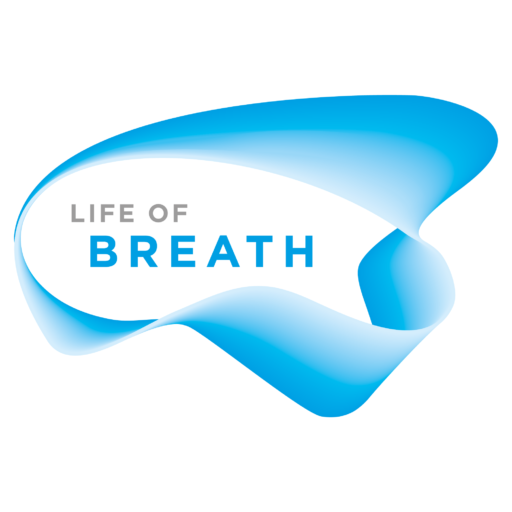Near-death experiences: mortality at Medicine Unboxed
Kate Binnie writes about the recent Medicine Unboxed conference (November 18th-20th, Cheltenham). Next year’s conference is on the theme of wonder and you can keep up-to-date via Twitter @medicineunboxed.
The theme this year at Medicine Unboxed was mortality. This extraordinary conference is like no other I have attended; there are medics and health professionals everywhere, but they may also be poets, philosophers, writers or musicians using their art form to talk about the ethical, moral, spiritual and personal dilemmas and experiences of their day jobs. Presentations ranged from a biochemist exploring the origins of life to sociologist Allan Kellehear talking about his research into near-death experiences. There were philosophical discussions on whether recent medical advances prolonging life and holding death at bay are ethical or even desirable, as well as heated debates about the place of Christianity and euthanasia. All this was punctuated by spine-tingling music, film, photography and poetry exploring the theme.
A highlight for me was hearing the artist and writer Marion Coutts talking about her visceral, poetic memoir The Iceberg with Dr Sam Gugliani, the conference organiser (a consultant oncologist and poet). The book describes her husband (the writer Tom Lubbock) and his brain tumour, the resulting gradual loss of language, and the couple’s creative, tight, and courageous response. I had the chance to chat to Marion during the weekend, and we agreed (both having eight-year-old boys) that the book is as much about mothering as dying – the passages on managing a small child and maintaining a sense of family whilst navigating an opaque healthcare system are brilliant. So much of the book is about the sharpness and brightness of life and living. This resonated throughout the conference and reminded us of a philosophy as old as Epicurus and probably older: in looking at and acknowledging death, we love life.
I was at Medicine Unboxed as a student intern. Six of us were chosen by a panel to present to a small audience; my peers were medical students in their twenties, while I am a music therapist in my forties doing an MSc in Palliative Care at King’s College London. It was wonderful to spend my weekend with these talented, clever and kind young people whose presentations covered comedy, dance, poetry and storytelling. What I realised from listening to them speak is that doctors suffer, and that they deserve our compassion, even as they are constantly urged by the government and their NHS bosses to deliver compassionate care. But how? They are dealing daily with death, loss, suffering and pain, and they are inadequately trained and supported to deal with it. The trainee doctors’ artistic outpourings seemed to be a creative response to (or outlet for) this, something we talked about a lot (with wine) throughout the weekend.
My presentation tried to address this. As a practitioner and teacher of yoga and mindfulness, I have found that this practice cultivates self-awareness and self-compassion, which I believe to be essential in my chosen field of palliative care. How do we keep on loving and losing? How can we be with another’s suffering with authenticity and empathy and keep doing it, again and again? Healthcare is focussed on outcomes, but when death is the outcome, what is a good death and how do we help people achieve this? How can we create space for our healthcare professionals to acknowledge and talk about dying, beyond the speciality of palliative care (rather than pushing death aside as a failure, a shameful outcome, a taboo).
The subject of breathlessness was not discussed at the conference, although it could have fitted well into the weekend. After all, breath is life and absence of breath is death. People with pathological breathlessness are well aware of their mortality with every breath they take. I felt the resonance of Havi Carel’s book Illness throughout the weekend, as gradually a shape began to emerge from the discussions on stage and with the audience. Living consciously is what matters. By Sunday afternoon the audience were singing along with Bob Heath (music therapist extraordinaire) who invited the audience to sing out anything to do with mortality as he strummed his guitar to a tabla groove….. “In the end, love is all that matters” we sang. “Live life to the full, live each day” we chanted, quietly at first but then more confidently, over and over, scientists, doctors, priests, philosophers and poets together.



